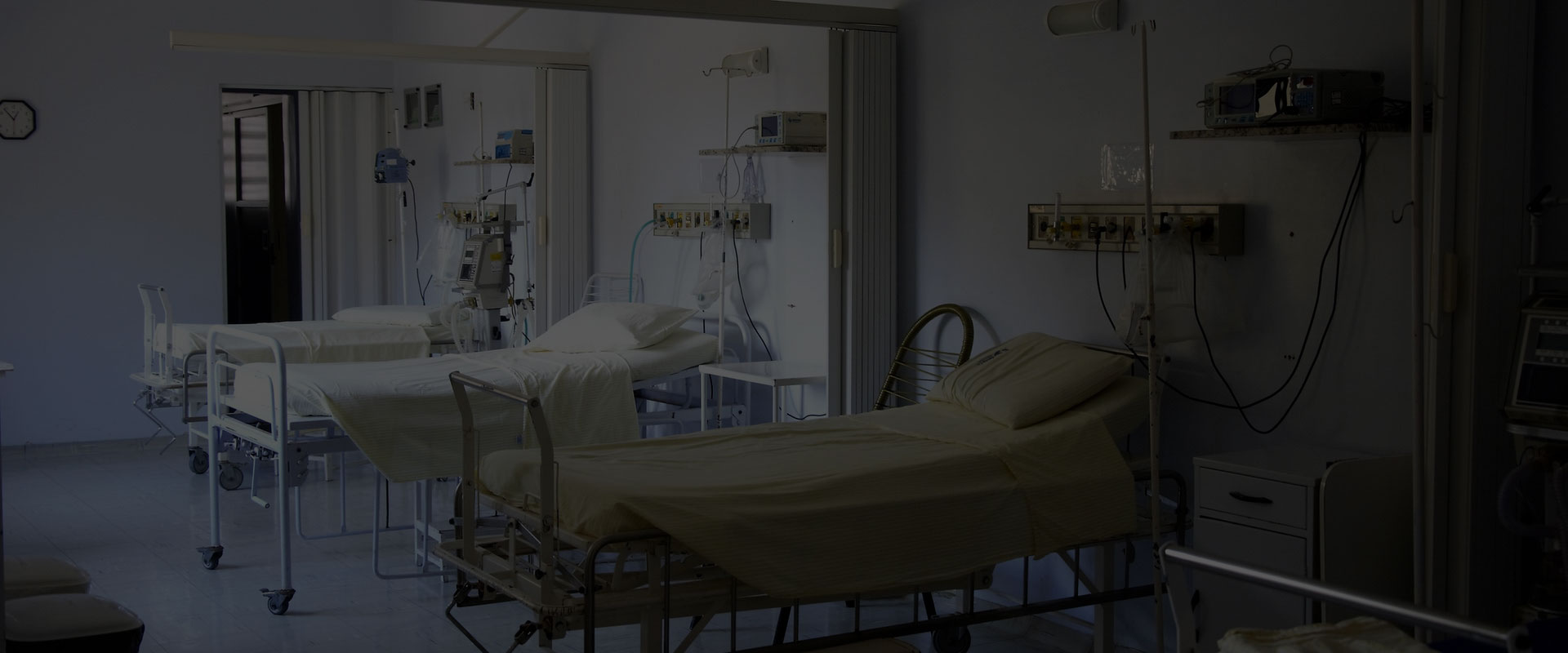15 Oct October 15th is Pregnancy and Infant Loss Remembrance Day
Each year, Pregnancy and Infant Loss Remembrance Day is observed on October 15 in many countries all around the world. In addition to remembering the miscarriages, stillbirths, and infants that have passed away, it’s also an excellent time to raise awareness about miscarriages, the causes and how to minimise the risk.
What Is Miscarriage?
Miscarriage refers to the death of a baby in the womb before 20 weeks of age. About 10 to 15 of 100 known pregnancies end in miscarriage.1 The true number of miscarriages is likely higher because many people miscarry without knowing that they were pregnant.
Most miscarriages happen during the first trimester, or before 13 weeks of gestation. Between 1 and 5 % of miscarriages occur during 13 and 19 weeks of pregnancy.
What Are the Symptoms of Miscarriage?
Typical symptoms of miscarriage include the following:1
- Vaginal bleeding or spotting
- Abdominal pain
- Abdominal cramping
Please note that many pregnant women experience these symptoms during pregnancy and go on to deliver healthy babies. However, if you experience any of these symptoms during pregnancy, please immediately contact your gynaecologist for evaluation.
What Are the Causes of Miscarriage?
We still don’t understand all the reasons why miscarriage happens. Nevertheless, here are some possible causes of miscarriage:1
- Environmental hazards: Living in areas with high rates of air pollution such as gas fumed or landfill.
- Alcohol
- Drugs
- Smoking
- Diabetes
- Thyroid disease
- Lupus
- Maternal hormone problems
Of note, more than half of first trimester miscarriages occur because of fetal chromosomal problems.
What Is a Stillbirth?
A stillbirth refers to the delivery of a dead baby after 20 weeks of gestation. Infection and pregnancy complications contribute to most instances of stillbirth. Economic status affects the chances of experiencing stillbirths in Nigeria. According to Scientific Research, about 22 for every 1000 pregnant low income women experience stillbirth, compared to 6.4 per 1000 for higher income women.
One of our goals at Visit A Hospital Today is to create avenues where women know the care available to them at hospitals and they are aware that help is available from organisations like ours. But to achieve this, technical and financial structures need to align. We need the Nigerian government’s commitment to improving the quality of maternal health care services available, especially for low income families.
To contribute, you can volunteer, donate or sponsor one of our monthly hospital visits. With your support, we can break the cycle of avoidable infant and pregnancy loss in Nigeria’s low income communities.


No Comments